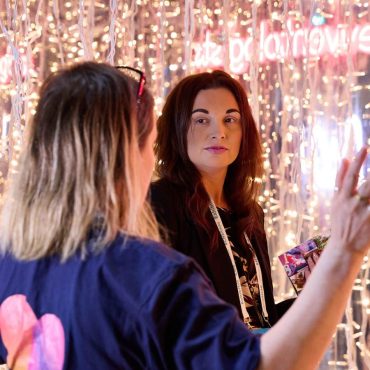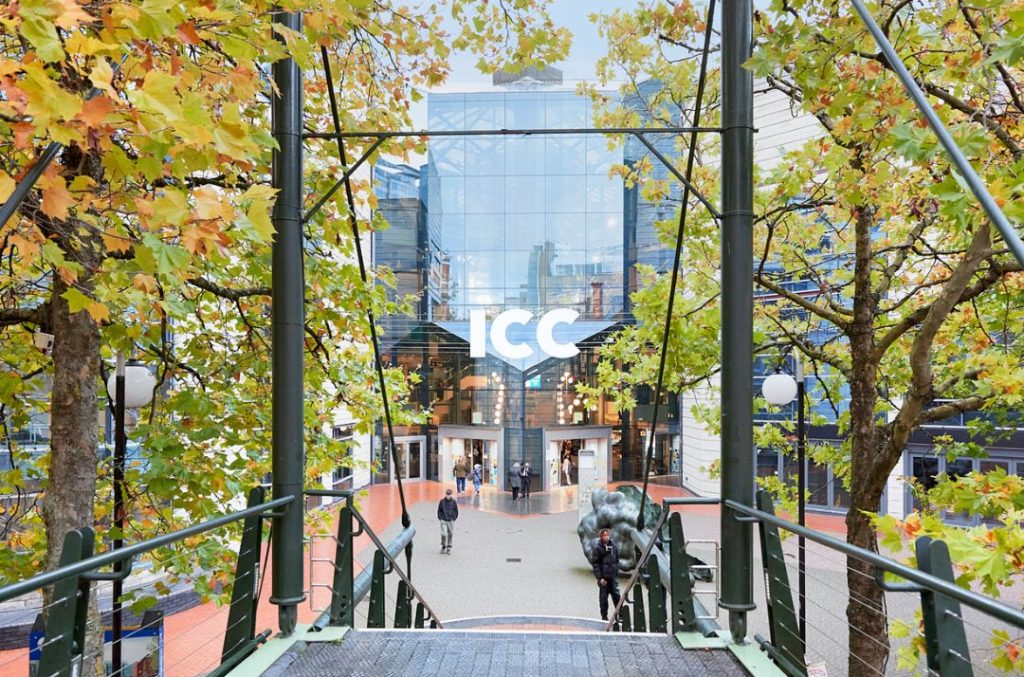ICC Birmingham • 29 October 2024
Register Your Interest#BEAPARTOFIT

Discover
Explore the very best hotels, venues, destinations and event suppliers from the UK and Europe.

Connect
Network with new connections from across the industry and meet up with colleagues and friends.

Inspire
Focus on your personal and professional development with our inspirational educational sessions.
A small selection of visitors who attended CHS Birmingham 2023
Taeja Lucas, Black BookReally good day and night at CHS Birmingham! This event was really beneficial for me in my career, I got to meet so many industry peers, venues and suppliers in 1 day under 1 roof!
I learnt so much and made some great connections. the destination brunch was really insightful and it was nice to see those who I have only spoken to via email!
(Hosted Buyer)
April Martell, DysonCHS Events surpass my expectations. It was exactly what I wanted it to be. I appreciated the complimentary hotel room as I travelled from 4.5 hours away. I had good quality conversations with as many of the large venues exhibiting as I could. An excellent investment of my time, thank you!
(Hosted Buyer)
Sophie Robinson, Lick Me I'm DeliciousCHS Birmingham is one of those special shows for the industry and we were delighted to join them for our second year exhibiting. It’s a lovely opportunity for the industry to get-together and for us, we always find it a real mix of meeting new clients and seeing lots of faces we know very well!
The feel of the show is very relaxed and the day is jam-packed full of relevant content, a wide range of stands and lots of lovely touches to make both exhibitors and guests feel really welcome. A must-attend in the industry calendar.
(Exhibitor)
Karen Guille, Founder of Search4VenuesCHS Birmingham is a fantastic opportunity for us to meet with venues from across the country and for us to learn about what’s new: openings, refurbishments plans and to help us build relationships with venue contacts.
The interactive seminars give great insight into industry trends and there is plenty of opportunity to meet like-minded people and network. We always make sure the date is in our diary and as the event is local to us, it offers a brilliant opportunity to put the Midlands even more on the map as an events destination!
(VIP Buyer)



























